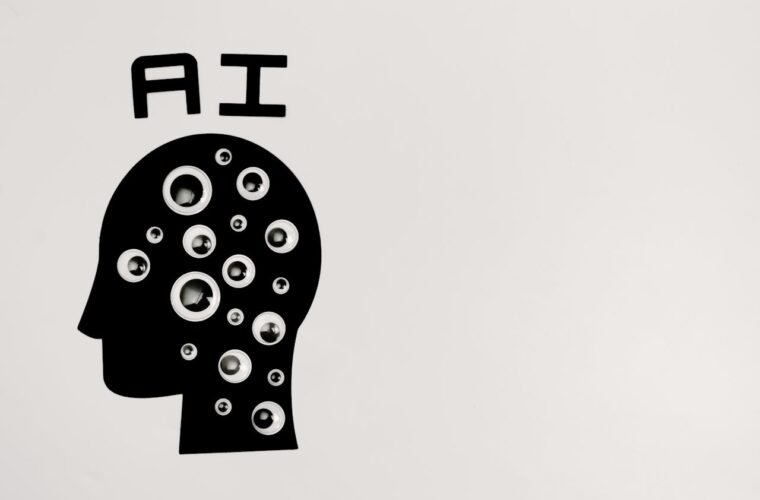Video Games: In recent days, reports have emerged that some video game developers have seen their titles banned from publication on Valve’s Steam service due to the use of artificial intelligence (AI)-generated content. One video game developer posted a note on Reddit stating that he tried to submit his game to Steam’s approval process but was rejected because, according to a Valve note, ‘it is unclear whether the AI technology used to create the content has sufficient rights to the training data’.
This is Valve’s new stance on recent cases of video games containing AI-generated elements being returned to sender. IGN reached out to the company and got a comprehensive response from a Valve spokesperson, who clarified that while it will not reject a game submitted to Steam outright because of AI-generated content, it may do so if it believes the assets are not the property of the game’s creator.
What the company says
Here’s an excerpt from Valve’s spokesperson: “We are continuing to learn about AI, how it can be used in video game development, and how to integrate it into our review process for titles submitted for distribution on Steam. Our priority, as always, is to try to publish as many of the titles we receive as possible. Introducing AI may make it more difficult to prove that a developer has sufficient rights to use AI to create assets, including images, text and music. In particular, legal uncertainties exist concerning the data used to train AI models. It is up to the developer to ensure they have the appropriate rights to publish their game’.

The spokesperson added that about AI-generated content, ‘our goal is not to discourage its use on Steam’, but that the company is ‘working on how to integrate it into our existing review policies’. In short, Valve states that while developers can use the latest AI technologies if they have the appropriate commercial licenses, they must also bear in mind that they cannot infringe existing copyrights. Valve’s current stance on how AI should be integrated into video games could pave the way for a major debate in game development, and for now, the company seems to ‘wisely’ want to maintain a very cautious approach.
A deeper scenario
The debate on AI-generated content is only just beginning. In addition to wide-ranging initiatives such as the AI Act, there has been no shortage of incidents in the artistic sphere. Only a few months ago, an AI-generated image won first prize in a prestigious Sony photography competition, also setting a dangerous precedent in this area.
Legal issues concerning the training of artificial intelligence models and the use of copyrighted material are still unresolved. Getty Images, Newgrounds and the journal Nature have explicitly banned the use of AI-generated art by contributors due to this legal uncertainty. At the same time, other companies, such as Marvel and DeviantArt, have embraced AI in art. Enforcing a clear policy regarding AI-generated art can take time for a company like Valve, which has to assess the legality of the vast set of image-generation tools developers use.



